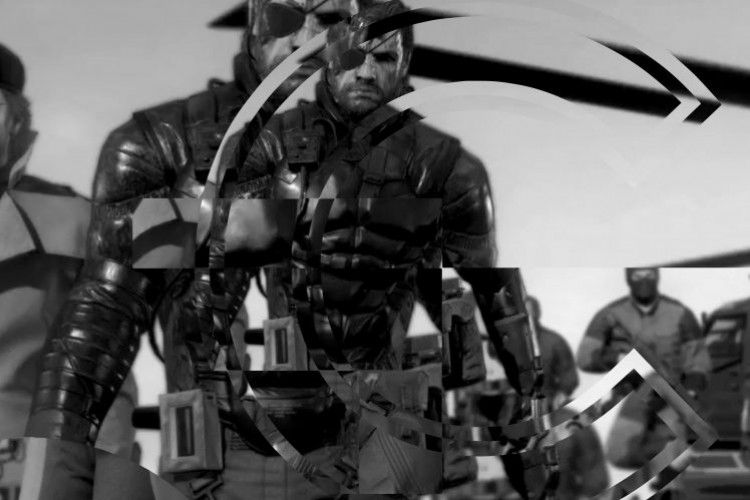There are songs out there that you cannot get enough of. A feeling of excitement surfaces at the first listen, and the incessant repeated listenings that follows familiarizes you with the individual elements that make up the song(instruments, composition, production, lyrics, etc), helping you understand what made you fall for the tune in the first place, as well as reliving that excitement over and over again. I have been very fortunate to have experienced this euphoria numerous time, and a song that had me smitten recently is Leonard Cohen’s “The Partisan.”
The combination of Leonard Cohen’s frantic guitar plucking, his baritone voice quietly speaking words of a freedom fighter in the midst of war, and the sound of an accordion weaving in and out is moving experience – it is as if reading the train of thought of a man who has resigned to a soldier’s fate, but still has a flicker of hope for the war to end. The Partisan is truly a moving experience found in Cohen’s second album, Songs From a Room.
Now listening to The Partisan you immediately understand that the song is about war with lyrics such as “When they poured across the border/ I was cautioned to surrender/ this I could not do/ I took my gun and vanished” and this particular passage “An old woman gave us shelter/ kept us hidden in the garret/ then the soldiers came/ she died without a whisper” really drives the war and heroism theme home. But then suddenly in the middle of the song there is a woman singing along in french which took me by surprise, and made me even more curious about the song.
So first I looked for translations of the lyrics:
Les Allemands e’taient chez moi
ils me dirent, “Signe toi”
mais je n’ai pas peur;
j’ai repris mon arme.
J’ai change’ cent fois de nom
j’ai perdu femme et enfants
mais j’ai tant d’amis
j’ai la France entie`re.
Un vieil homme dans un grenier
pour la nuit nous a cache’
les Allemands l’ont pris;
il est mort sans surprise.
translation:
The Germans were at my home
They said, “resign yourself”
But I am not afraid
I have retaken my weapon.
I have changed names a hundred times
I have lost wife and children
But I have so many friends
I have all of France
An old man, in an attic
Hid us for the night
The Germans captured him
He died with no surprise.
So now it has become obvious that “The Partisan” refers to the French Resistance during World War II, and it is a bit curious that the French lyrics seems a lot more specific than Cohens (who mentions neither warring parties). Delving deeper into learning about “The Partisan” I found out that this song is actually a cover/adapation of a French song called “La Complainte du Partisan” (The Rime of the Partisan).
The original was written in 1943 by a soldier named Emmanuel D’Astier de la Vigerie and turned into a song by singer Anna Marly (whose version you can listen to above). “La Complainte du Partisan”, which was indeed dedicated to the French Resistance, was then translated by composer Hy Zaret (who famously wrote the song “Unchained Melody”). Hy Zaret translation stayed relatively true to Emmanuel D’Astier de la Vigerie in all but the omission of the fighting parties and one important sentence – and a pretty significant one (translation by Google Translate):
Original:
Le vent souffle sur les tombes (The wind over the graves)
La liberté reviendra (Freedom return)
On nous oubliera (We forget)
Nous rentrerons dans l’ombre (We return to the shadow)
Hy Zaret:
Oh, the wind, the wind is blowing
Through the graves the wind is blowing
Freedom soon will come
Then we’ll come from the shadows.
Coming from the shadows is significantly different from returning to the shadows – the original spoke of the selflessness of the resistance fighters as they will return to their normal lives in anonymity. Meanwhile, Zarets’ translation implies that the fighters will reveal themselves to the normal/regular life when freedom returns. Coming out of the shadows does give an aire of glory to the fighters’ return, and perhaps Zarets wanted to end the prose on a hopeful and heroic note instead of the more stoic original. Zarets’ version is what Leonard Cohen sang after listening to a version of the song on BBC Canada.
So that is where my tiny bit of research on Leonard Cohen’s “The Partisan” ended. It is a beautiful song that turns out to have an interesting history behind it. If you have read this far do listen to the variety of song versions posted above (click the left and right arrows), and if you want to learn more about the music this Google search is a good place to start. I hope you will be as moved by the song as I was.











